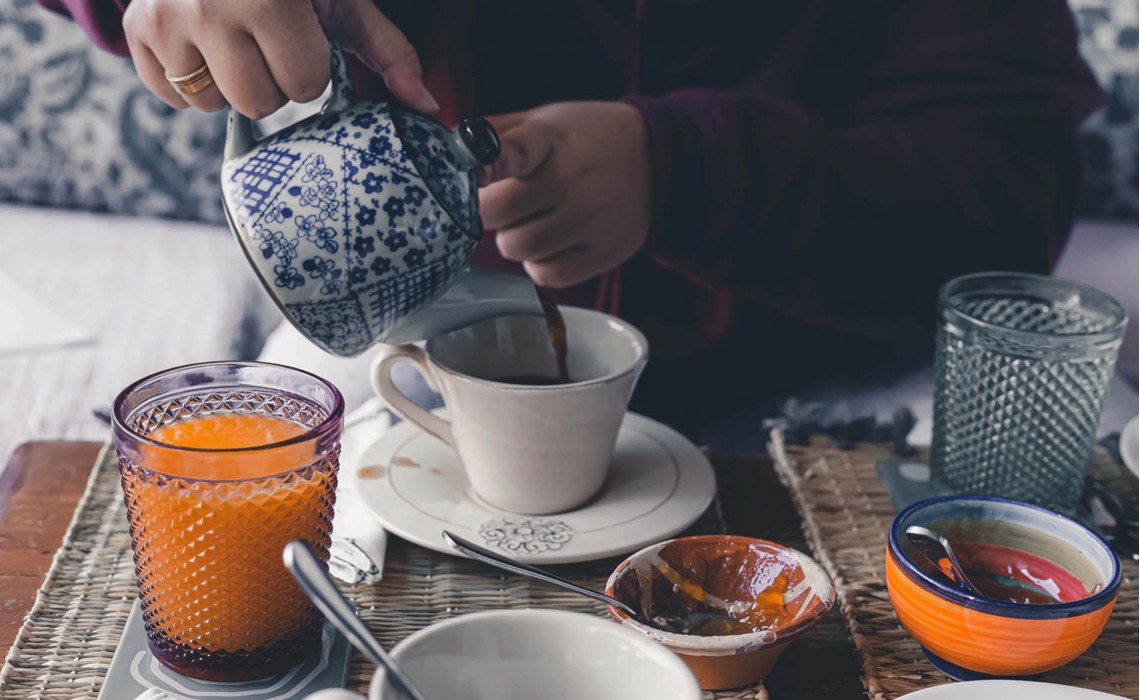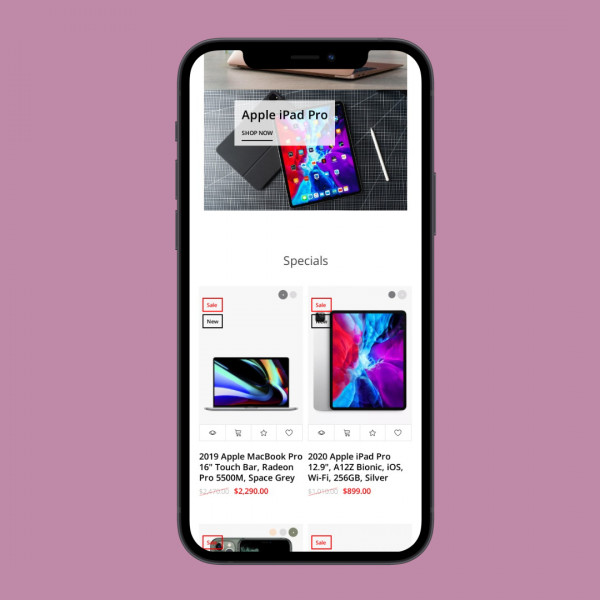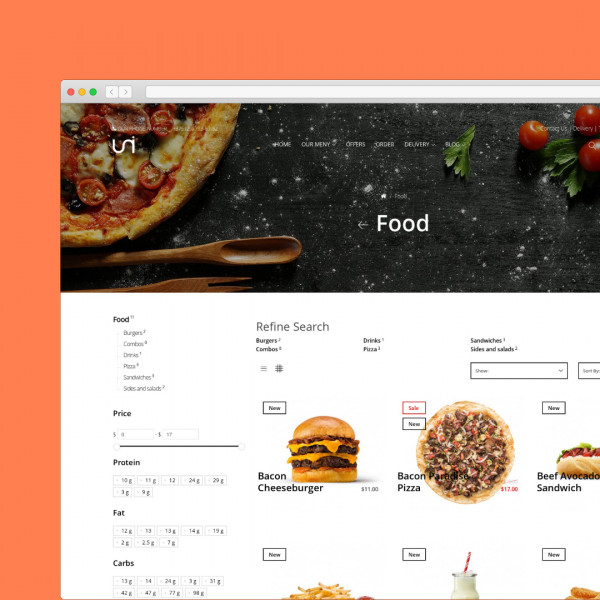
There is an opinion that too hot water extracts excessive bitterness from the grain. And not hot enough, it extracts more acids. In addition, there is a risk of getting an under-extracted drink at the output. Therefore, everyone who is serious about making coffee, carefully monitor the water temperature: buy thermometers and a kettle with an indication of the water temperature, warm up the funnel before brewing.
However, there are studies that refute the critical importance of temperature: if the drinks have the same extraction and strength, the difference in taste at different brewing temperatures is not felt.
SCA published an interview with a professor who participated in this study. We share with you the translation of the article.
"If you control the strength and yield of the extraction, the water temperature does not play a significant role»
Experts studied the taste of filter coffee prepared at different brewing temperatures, but the same TDS and extraction level. The main goal of the study is to better understand how these parameters affect the taste of coffee.
For this purpose, the specialists prepared the same roasted coffee in nine different positions. They followed the Coffee Brewing Control Chart. Brewing took place at three different water temperatures-87 °C, 90 °C and 93 °C. It turned out 27 samples of coffee. A group of trained experts blindly evaluated their taste.
Overall, the results showed a clear dependence of taste on TDS and extraction level. At the same time, the dependence on the brewing temperature was insignificant.Peter Giuliano, SCA Chief Scientist and executive director of the Coffee Science Foundation, interviewed one of the researchers, Professor William Ristenpart, director of the UC Davis Coffee Center. William answered all the questions and shared his opinion about the results of the study.
— You claim that the brewing temperature at a fixed strength and extraction has little effect on the taste of filter coffee. Isn't that contrary to the opinion of most coffee experts? Do we understand correctly that temperature is not important?
— No, the water temperature definitely affects the extraction rate of the coffee components. But our research shows that only the final strength of the drink and the level of extraction are really important. If these indicators are the same for two different versions of the drink, it does not matter what temperature the water was. Even professional tasters can't tell the difference.
The brewing temperature greatly affects how you achieve the desired strength and extraction. But it is more important to focus on the result itself, rather than the way to achieve it.
— I know that this is part of a long-term study on brewing filter coffee, which was conducted in collaboration with the Coffee Science Foundation. What is the history of this study and why did you start researching the brewing temperature of coffee?
— We wanted to study the temperature of the water for brewing, because it is given quite a lot of attention. The topic is of interest to many segments of the coffee industry, including Breville equipment manufacturers.
In our research, we focused on the Coffee Brewing Control Chart. It was developed by Ernest Lockhart in the 1950s. Now it needs to be updated using modern methods of sensory science.Our initial hypothesis was that the brewing temperature would make a big difference. We were surprised when we discovered that this was not the case. If you control the strength and yield of the extraction, then the water temperature does not play a significant role.
- It seems that independent and dependent variables are important here. Can you explain these concepts?
— I will explain by the example of making coffee with different degrees of roasting. The independent variable is the degree of roasting, and the dependent variable is the degree of bitterness and acidity in the cup. Note that in this example, the independent variable "roasting" itself depended on other parameters. For example, how long you fried and how much heat you applied.
In experiments, an independent variable is a parameter that does not depend on the course of the experiment, and that you change yourself. And the dependent parameter is the parameter that changes during the experiment and is interesting to you. The independent variables are fixed. For example, this is the strength and extraction that we want to get. But the taste with these parameters can change — it will be a dependent variable.
In our study, the independent variable was the grinding size and brewing time. So we could change them to assess the impact on sensory attributes.— In your experiments, coffee was evaluated at three temperatures: 87 °C, 90 °C and 93 °C. Why did you choose these temperatures?
— For our coffee machine, these were the optimal temperatures.
We used a Curtis G4 drip coffee maker with a programmable flow rate. This allowed precise control of the total brewing time to achieve the desired strength and extraction level at the specified temperature. For example, at lower temperatures, we brewed longer.
Then we wanted to test the temperature of the soaked coffee, evenly distributed at lower temperatures. The current Golden Cup standards define the minimum allowable brewing temperature-92 °C. When it was reduced, we had to greatly affect the taste. However, this did not happen.
— So the basic idea is that the total amount of dissolved solids (TDS) and the percentage of extraction affects the taste more than the temperature. What about other variables, such as brewing time or grinding size?
— We need to be careful about the terminology: the amount of dissolved substances (TDS) and the level of extraction can be dependent or independent variables. It depends on what experiment you're talking about. For example, you can change the grinding size for several different coffee samples, and then measure the resulting TDS in each. In this experiment, the grinding size is an independent variable, and the TDS is a dependent variable.
For our study, we changed the grinding size and flow rate to achieve a certain TDS. The resulting sensory profile was then measured at this TDS. In this case, the independent variable is the TDS, and the sensor attributes are the dependent variables.
The brewing time, the grinding size, and the brewing temperature are important for making coffee. But they are important because they affect what TDS and extraction level you will get.— How will the research results affect the coffee industry as a whole?
— First, the requirements for baristas will change. Currently, baristas are not certified if they fail to maintain the water temperature at 92-96 °C. But our results show that coffee made at 87 °C is no different from coffee made at 93 °C. Therefore, the barista will be able to use a wider temperature range.
Secondly, at a lower water temperature, the risk of burns is reduced. This makes the barista's job safer.
Third, a lower water temperature will save resources for heating water and reduce carbon dioxide emissions into the atmosphere. This is important for entrepreneurs who want to make their coffee shop more eco-friendly.
— What kind of research are you planning for the near future?
— We experimented with making coffee in a drip coffee maker. And they always took for this purpose the grain of washed processing. But it is possible that coffee with more exotic sensory profiles will show a more pronounced dependence on the brewing temperature. For example, the notes of blueberries in Irgacheff coffee are naturally processed. More research will be needed to test this hypothesis.
In addition, in this study, we examined a fairly narrow temperature range. We are currently conducting experiments with cold brewing coffee, and so far we have interesting preliminary data. We will be happy to share new results in the near future.
Monitor the TDS and extraction level, not the water temperature
According to the results of research, the temperature of the brewing water does not affect the taste of filter coffee. It is much more important to monitor the TDS and the extraction level.
Delicious coffee is obtained when the TDS is in the range of 1.15 % to 1.45 %, and the extraction is from 18 % to 22 %. At the same time, it does not matter with what water temperature you managed to achieve such indicators. There is no difference in taste. More information about how to affect TDS and the extraction level, we told in the last article.
These results are applicable for temperatures in the range of 87 to 93 °C and washed coffee processing. More research is needed to understand whether the taste will change at a lower temperature of water and other processed coffee.



